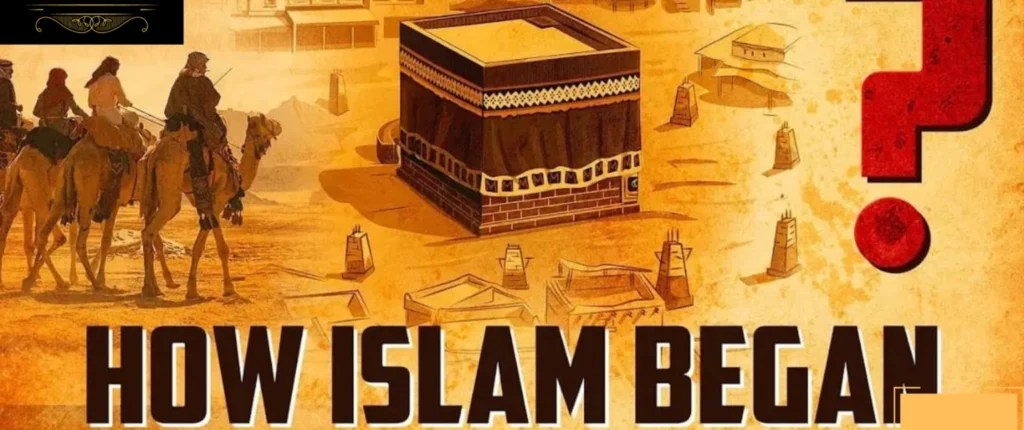Between the time Prophet Muhammad (peace be upon him) received prophethood (Nabuwat) and before the Hijrah (migration to Medina), he faced several significant challenges:
- Opposition from the Quraysh: The Quraysh, the dominant tribe in Mecca, saw Muhammad’s message of monotheism as a threat to their authority and the religious and economic order centered around the Kaaba, which housed numerous idols. They ridiculed, insulted, and tried to discredit him.
- Persecution of Early Muslims: The followers of Muhammad, especially the weaker and poorer ones, faced severe persecution. Notable examples include Bilal ibn Rabah, who was tortured by his master, and the family of Yasir, who were subjected to brutal treatment, leading to the martyrdom of Yasir and his wife Sumayyah.
- Social and Economic Boycott: The Quraysh imposed a social and economic boycott on the Banu Hashim and Banu Muttalib clans, which lasted for three years. During this period, Muhammad and his followers were confined to a valley (Shi’b Abi Talib) and faced severe hardships, including hunger and lack of basic necessities.
- The Year of Sorrow: In 619 CE, Prophet Muhammad faced personal losses with the death of his beloved wife Khadijah and his protective uncle Abu Talib. This year is known as the Year of Sorrow (Aam al-Huzn). Khadijah had been his steadfast supporter and confidant, while Abu Talib had provided him with significant protection against the Quraysh’s hostility.
- Attempted Assassination and Harassment: Muhammad faced multiple assassination attempts and constant harassment. The Quraysh leaders would often throw filth and garbage on him, and he was subjected to physical assaults. Once, while praying at the Kaaba, he was attacked by Uqbah ibn Abi Mu’ayt, who tried to strangle him with his cloak.
- Limited Success in Ta’if: In an attempt to find support outside Mecca, Muhammad traveled to Ta’if, but the leaders of Ta’if rejected his message and incited the town’s children and slaves to stone him, leading to him being injured.
- Spreading the Message Secretly: Initially, the message of Islam was spread secretly to avoid immediate backlash. Early converts, including close family members and friends like Abu Bakr, Ali ibn Abi Talib, and Zayd ibn Harithah, were taught in secrecy.
- Gradual Public Preaching: As the number of converts grew, Muhammad began to preach more publicly, leading to increased opposition and hostility. The first public call to Islam on Mount Safa marked a turning point, bringing widespread attention and increased persecution…









